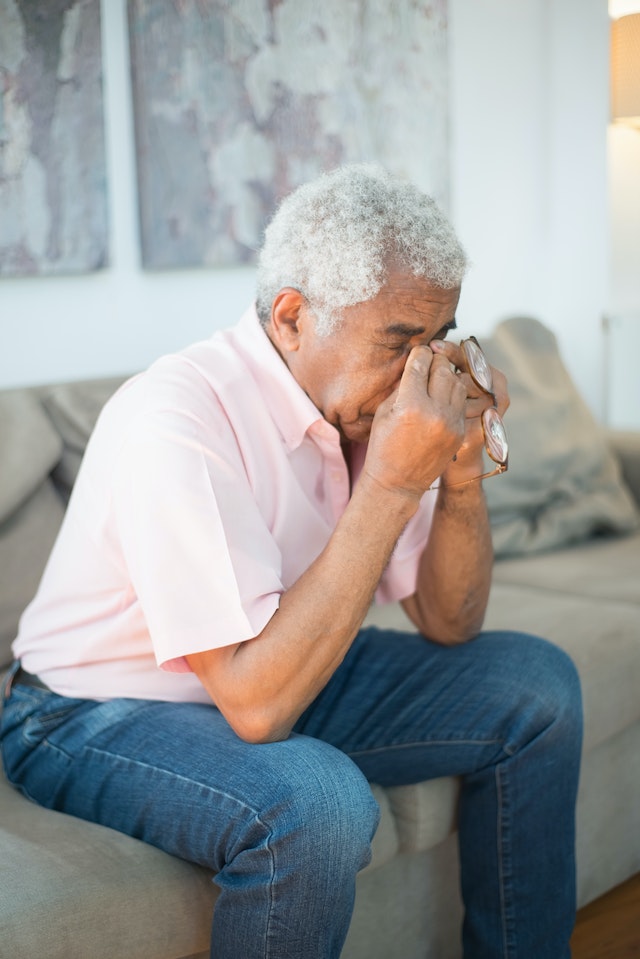In this article, we will delve into BPH symptoms, diagnosis, and treatment options. Benign Prostatic Hyperplasia (BPH), also known as prostate gland enlargement, is a common condition that affects many men as they age. It occurs when the prostate gland, which is located beneath the bladder, grows in size and begins to squeeze the urethra, causing urinary symptoms. If you or someone you know is experiencing urinary problems, it’s essential to understand the symptoms, seek proper diagnosis, and explore the available treatment options.

BPH Symptoms, Diagnosis, and Treatment
Symptoms of BPH
BPH can cause a variety of urinary symptoms that can significantly impact a man’s quality of life. Some common symptoms include:
- Frequent Urination: A need to urinate more often, especially during the night.
- Urgency: A sudden and intense urge to urinate that may be difficult to control.
- Weak Urine Flow: A weak or slow stream of urine during urination.
- Difficulty Starting and Stopping: Difficulty initiating urination or stopping and starting the flow.
- Incomplete Emptying: A feeling that the bladder is not completely empty after urination.
Diagnosis of BPH
If you experience any of the symptoms associated with BPH, it’s crucial to consult a healthcare professional for a proper diagnosis. The diagnostic process may involve the following:
- Medical History: The doctor will review your medical history, including any urinary symptoms and their duration.
- Physical Examination: A physical examination, including a digital rectal examination, will be performed to assess the size and condition of the prostate gland.
- Urinalysis: A urine sample may be analyzed to rule out other possible causes of urinary symptoms.
- Prostate-Specific Antigen (PSA) Test: A blood test may be performed to measure the PSA levels, which can help evaluate the risk of prostate cancer.
- Urodynamic Testing: In some cases, urodynamic tests may be conducted to evaluate bladder function and urine flow.
Treatment Options for BPH
 There are several treatment options available to manage and treat BPH, depending on the severity of symptoms and the impact on the patient’s quality of life. Common treatment options include:
There are several treatment options available to manage and treat BPH, depending on the severity of symptoms and the impact on the patient’s quality of life. Common treatment options include:
- Watchful Waiting: In cases where symptoms are mild or not bothersome, a “watchful waiting” approach may be recommended, with regular monitoring of symptoms.
- Lifestyle Changes: Certain lifestyle modifications, such as limiting fluid intake before bedtime, avoiding caffeine and alcohol, and practicing double voiding, may help alleviate symptoms.
- Medications: Medications, such as alpha-blockers or 5-alpha reductase inhibitors, can help relax the prostate gland and improve urine flow.
- Minimally Invasive Procedures: Minimally invasive procedures, like transurethral microwave therapy (TUMT) or prostate artery embolization (PAE), can help reduce the size of the prostate gland and relieve symptoms.
- Surgery: In severe cases, surgical interventions such as transurethral resection of the prostate (TURP) or laser surgery may be recommended to remove or reduce the size of the prostate gland, thereby improving urinary flow.
Contact Fifth Avenue Urology for Expert Urological Treatment
If you are experiencing symptoms of Benign Prostatic Hyperplasia (BPH), the experienced urologists at Fifth Avenue Urology, led by Dr. Yaniv Larish, are here to help. We offer comprehensive urological care and a range of treatment options tailored to your specific needs.
Don’t let the symptoms of BPH limit your lifestyle or affect your well-being. Take the first step towards relief by contacting Fifth Avenue Urology today. Our team of skilled urologists will provide a thorough evaluation, diagnose your condition, and guide you through the available treatment options.
Regain control of your urinary health and improve your quality of life. Contact Fifth Avenue Urology now to schedule a consultation:
FIFTH AVENUE UROLOGY
4 East 76th Street
New York, NY 10021
Phone: 212-675-3186
Website: https://www.fifthavenueurology.com/
